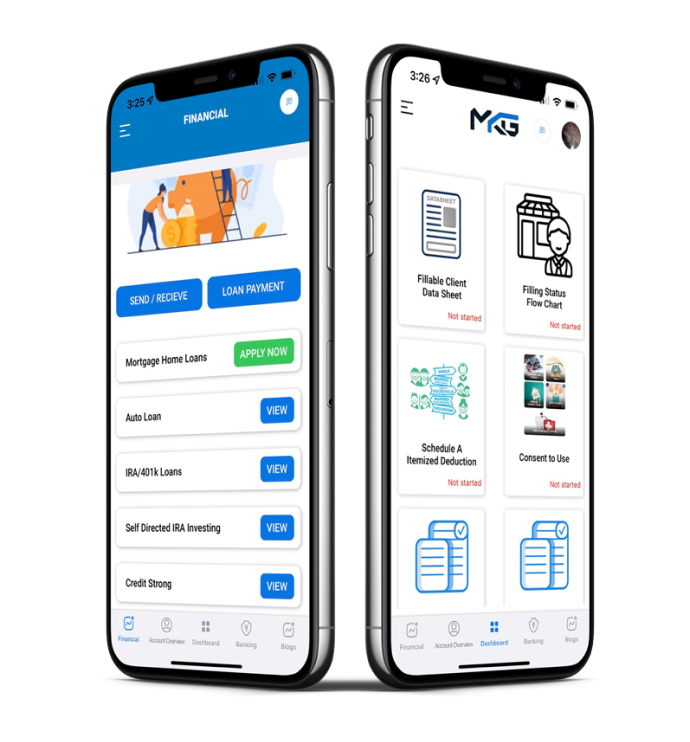Clean Vehicle and Energy Credits
The Internal Revenue Service (IRS) is currently working on implementing the Inflation Reduction Act of 2022, a major legislation that will have an impact on individuals, businesses, tax-exempt organizations, and government entities. This legislation aims to provide tax credits and deductions to promote clean energy and energy efficiency. In this article, we will explore the different types of credits and deductions available in relation to clean vehicles and home energy improvements.
Clean Vehicle Credits
If you have purchased an electric vehicle (EV) or a fuel cell vehicle (FCV), you may be eligible for a tax credit. The IRS provides different types of clean vehicle credits for individuals, businesses, and manufacturers. The eligibility criteria for these credits vary depending on the year of purchase and whether the vehicle is new or used. Here are the different categories of clean vehicle credits:
- New Vehicles Bought 2023 or After
- New Vehicles Bought 2022 or Before
- Used Vehicles
- Commercial Vehicles
- Seller or Dealer Requirements
- Manufacturer Requirements
To determine whether your purchase qualifies for a tax credit, you can find more information on the IRS website.
Home Energy Credits
The IRS also offers tax credits for energy improvement in homes. These credits are aimed at encouraging homeowners to make energy-efficient upgrades to their properties. By taking advantage of these credits, you can not only reduce your energy consumption but also save money on your taxes. Here are some key points about home energy credits:
- The credits are available for various energy improvement projects, such as installing solar panels, energy-efficient windows, or insulation.
- The amount of credit you can claim depends on the type of improvement and the cost incurred.
- To claim the credits, you need to meet certain eligibility criteria and provide documentation of the improvements made.
To learn more about the energy improvement tax credits for your home, visit the IRS website.
Elective Pay and Transferability
The Inflation Reduction Act of 2022 introduces new ways to ensure that eligible taxpayers receive their clean energy tax credits. These new provisions allow taxpayers to elect to receive their credits as a direct payment or transfer them to another eligible taxpayer. This flexibility aims to make it easier for individuals and businesses to benefit from the clean energy incentives provided by the IRS.
Credit for Builders of Energy-Efficient Homes
Contractors who build or substantially reconstruct qualified energy-efficient homes may be eligible for tax credits of up to $5,000 per home. This credit is aimed at promoting the construction of energy-efficient homes and reducing energy consumption in the housing sector. To qualify for this credit, builders need to meet certain criteria and provide documentation of the energy-efficient features incorporated into the homes.
Energy Efficient Commercial Buildings Deduction
Building owners who place in service energy-efficient commercial building property (EECBP) or energy-efficient commercial building retrofit property (EEBRP) may be able to claim a tax deduction. This deduction is available for the costs incurred in making energy-efficient improvements to commercial buildings. The IRS provides guidelines and requirements for claiming this deduction, and building owners need to meet certain criteria to be eligible.
Advanced Energy Project Credit
Manufacturers and other entities that invest in qualifying advanced energy projects may apply for a tax credit through the Department of Energy. This credit aims to incentivize investments in projects that promote clean energy and energy efficiency. The Department of Energy provides information on the eligibility criteria and application process for this credit.
Alternative Fuel Vehicle Refueling Property Credit
If you install qualified vehicle refueling and recharging property in your home or business, you may qualify for the alternative fuel refueling property tax credit. This credit is aimed at promoting the use of alternative fuels and the development of refueling infrastructure. The IRS provides guidelines and requirements for claiming this credit, and you need to meet certain criteria to be eligible.
Related Resources
For more information on credits and deductions for individuals and businesses, you can visit the following resources on the IRS website:
